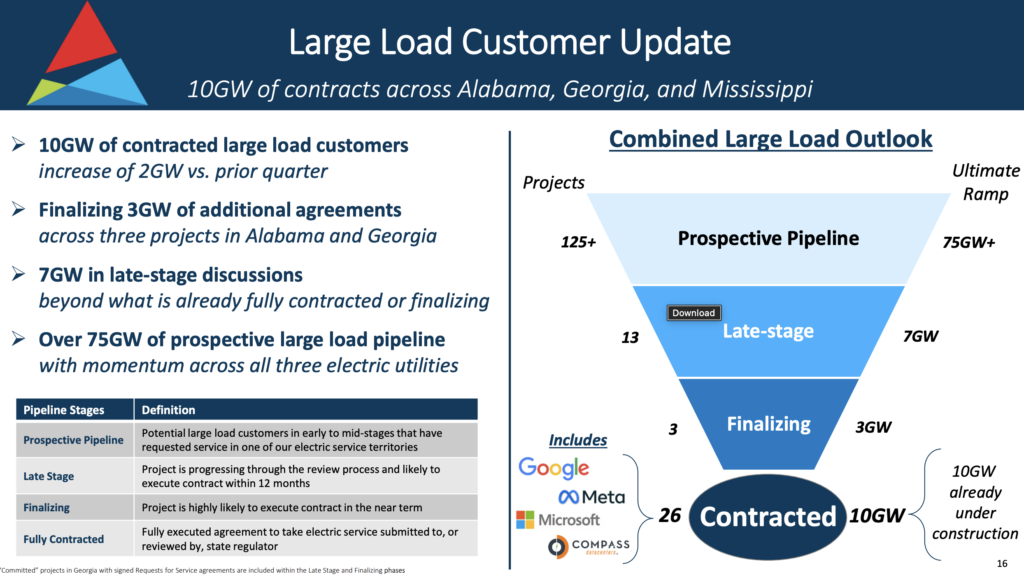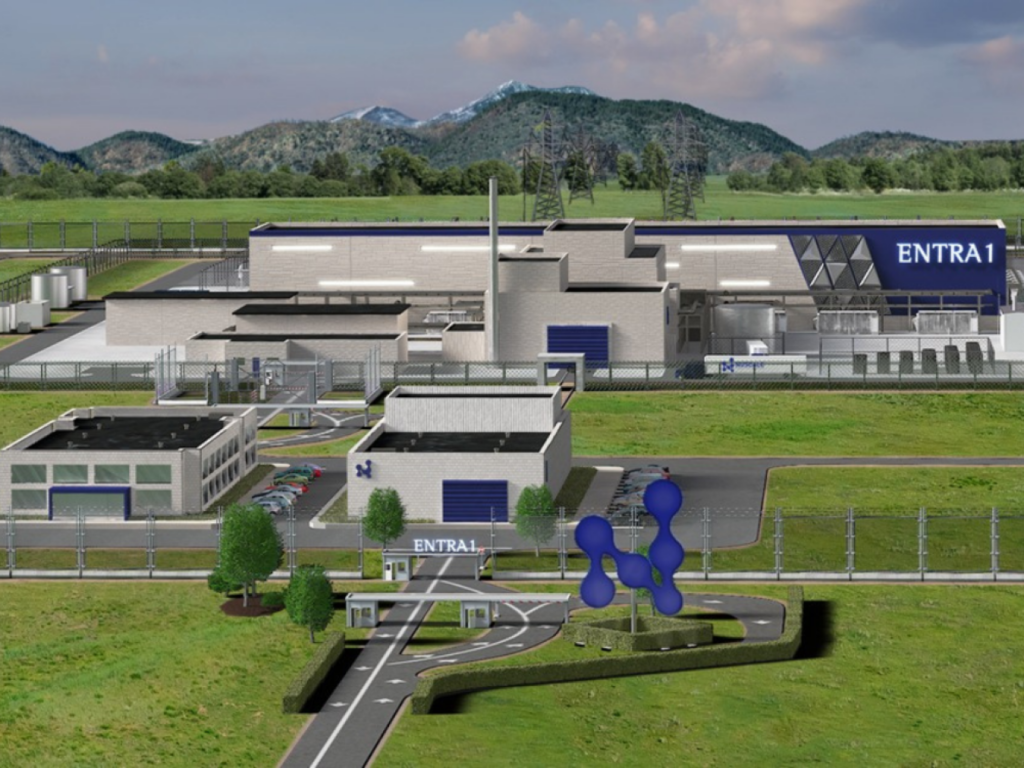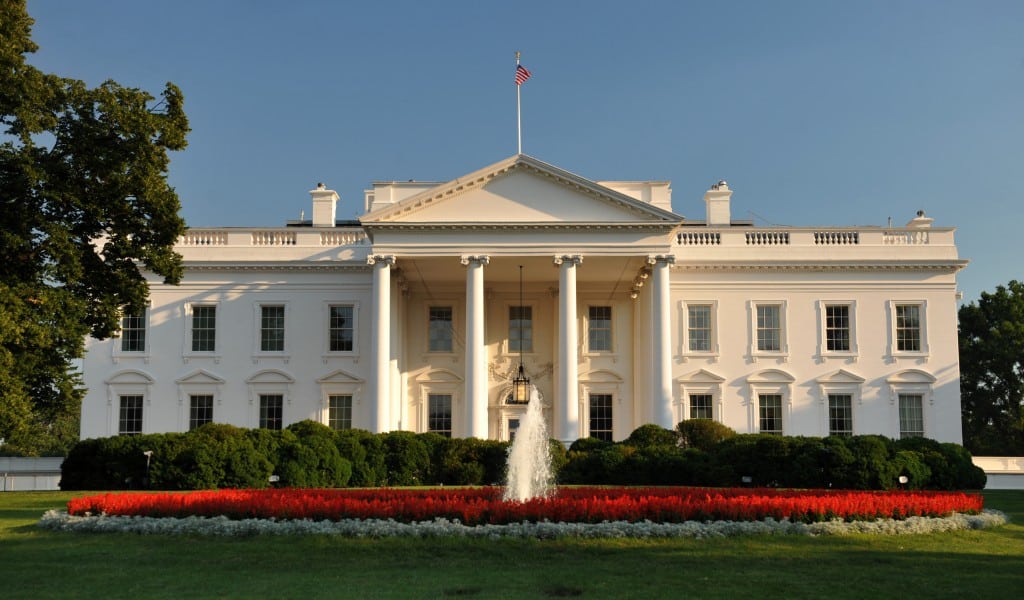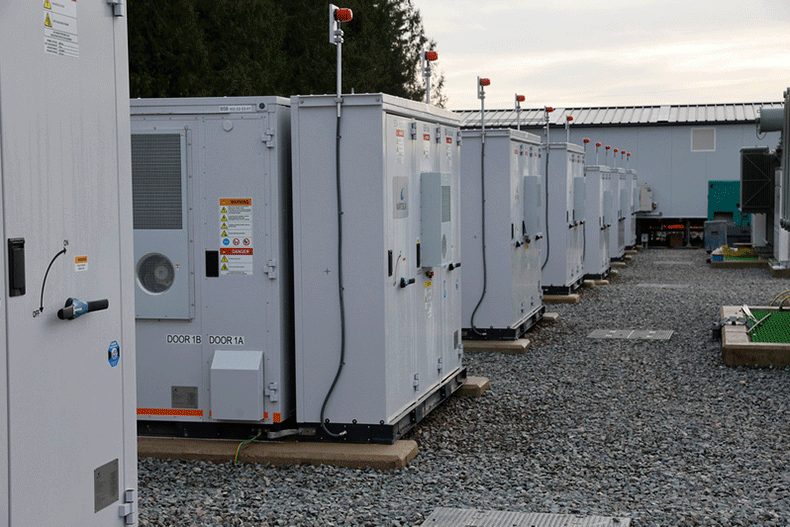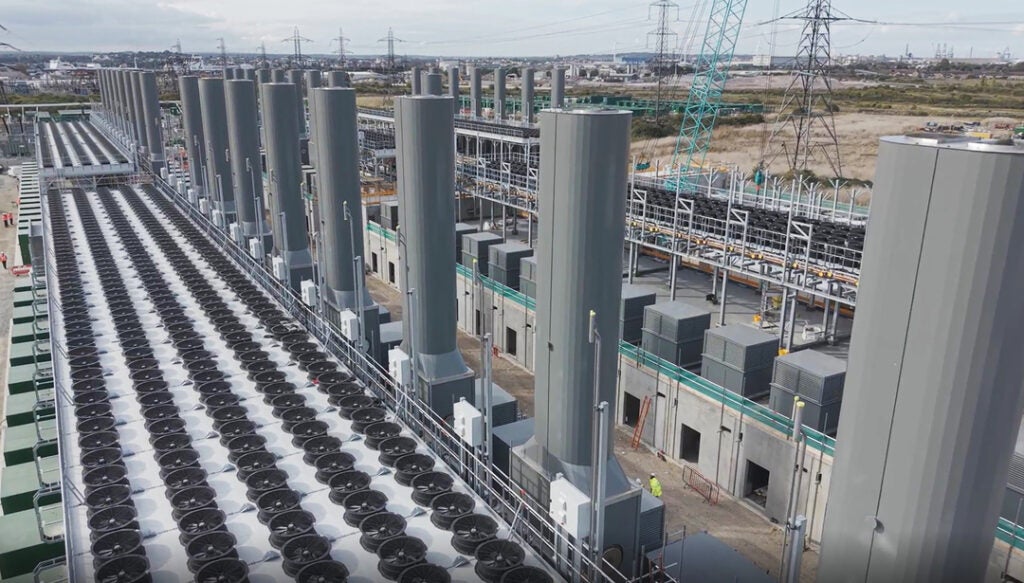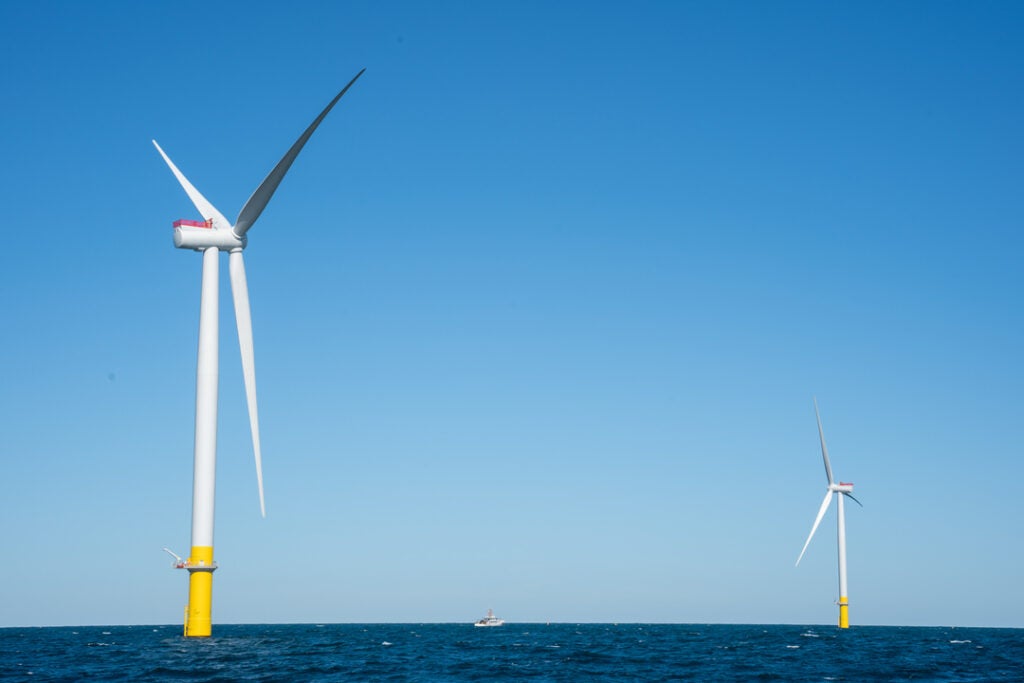The Georgia Court of Appeals on Tuesday reversed a lower court ruling that had rejected an air pollution permit for the planned $2 billion Longleaf Energy Station in southwest Georgia because it did not set limits on carbon dioxide emissions.
The three-judge panel ruled in favor of Longleaf Energy Associates on several issues raised by environmental groups Friends of the Chattahoochee Inc. and the Sierra Club. But it upheld a request that keeps the coal plant—which could be the state’s first in more than two decades—on hold pending an appeal to the state Supreme Court.
The ruling means more delays for the project first conceptualized in 2001. These could range from six months to a year, according to Michael Vogt, LS Power vice president and Longleaf project manager. “But we’re still 100% committed to continuing development of the project. The delays will certainly not cause us to change our mind about the project,” he told POWERnews on Wednesday, adding that the company was in “good shape to wait” since a “majority of the pieces of the project were in place.”
The proposed 1,200-MW Longleaf plant had been originally proposed by LS Power for rural Early County in southwestern Georgia. It later became part of the Dynegy-LS Power joint venture, but it is now fully owned by LS Power following the dissolution of that joint venture last December.
The Georgia Department of Natural Resources Environmental Protection Division (EPD) awarded the project an air permit in May 2007, but it was challenged by environmental groups, which said that the plant did not properly account for carbon dioxide emissions or incorporate the required pollution control technologies in the plant design. An administrative law judge upheld the permit in January 2008. In June 2008, however, Fulton Country Superior Court Judge Thelma Moore invalidated the permit, issuing an order (PDF) that said that federal air pollution control laws required pollution permits to cover all pollutants that could be regulated under the Clean Air Act, not just those for which there is a “separate, general numerical limitation.”
The permit must “identify, evaluate, or apply available technologies that would control CO2 emissions” at the plant, the Superior Court judge had then written. Citing the 2007 U.S. Supreme Court decision (PDF) in Massachusetts v. EPA, which regarded carbon dioxide as a pollutant under the Clean Air Act, the order ruled, “there is no question that CO2 is “subject to regulation under the Act.”
On Tuesday, the Georgia Appeals Court reversed that decision, saying that neither the Georgia Air Quality Act nor the federal Clean Air Act (CAA) contained regulations controlling carbon dioxide emissions. In the decision written by Presiding Judge Gary B. Andrews, Chief Judge M. Yvette Miller, and Judge Anne Elizabeth Barnes, the court also said that Moore’s ruling moved the issue too quickly—that it had been issued even before Congress or the Environmental Protection Agency decided how to regulate greenhouse gases.
“This ruling was not required by the CAA or the decision in Massachusetts v. EPA, and would impose a regulatory burden on Georgia never imposed elsewhere,” wrote Andrews. “It would compel the [state Environmental Protection Division] to limit CO2 emissions in air quality permits, even though no CAA provision or Georgia statute or regulation actually controls or limits CO2 emissions, and even though (to this Court’s knowledge) no federal or state court has ever previously ordered controls or limits on CO2 emissions pursuant to the CAA. It would preempt ongoing Congressional and EPA efforts to formulate a CO2 emissions policy for all the states, and require the EPD to invent in a vacuum CO2 emission controls for permits. If accepted, it would engulf a wide range of potential CO2 emitters in Georgia—and Georgia alone—in a flood of litigation over permits, and impose far-reaching economic hardship on the State.”
The appeals court agreed with the superior court, however, on a claim that Administrative Law Judge Stephanie Howells had not been independent in her evaluation of the EPD’s decision to issue the permit. Until the administrative law judge rewrites her opinion, the air permit is still invalid, Vogt said.
In regards to the state Supreme Court appeal, Vogt said there was a low probability that the high court would agree to hear the case. “Last year, the court heard 35 of 597 cases,” he said.
Sources: POWERnews, Georgia Supreme Court, Fulton Country Superior Court, U.S. Supreme Court


